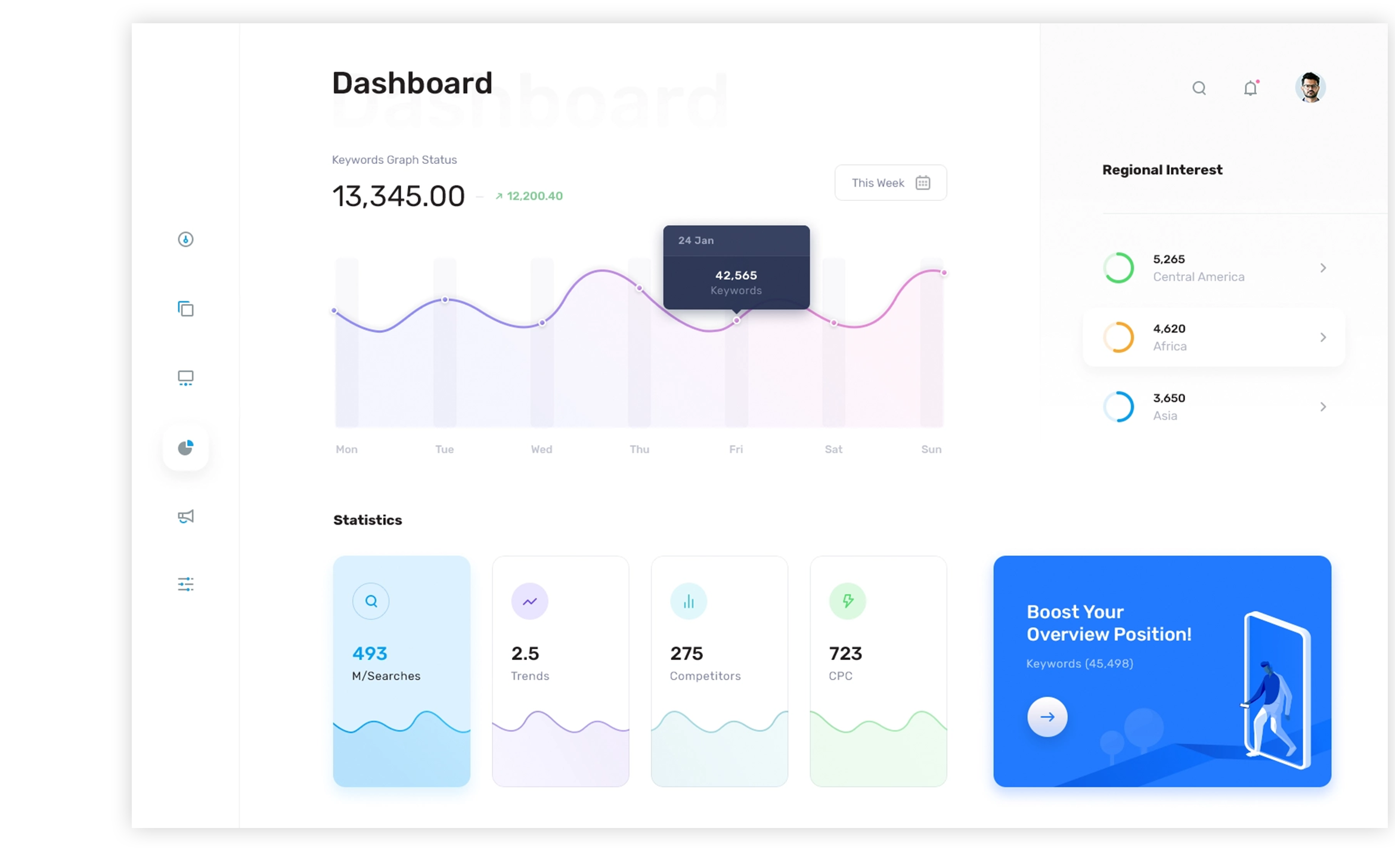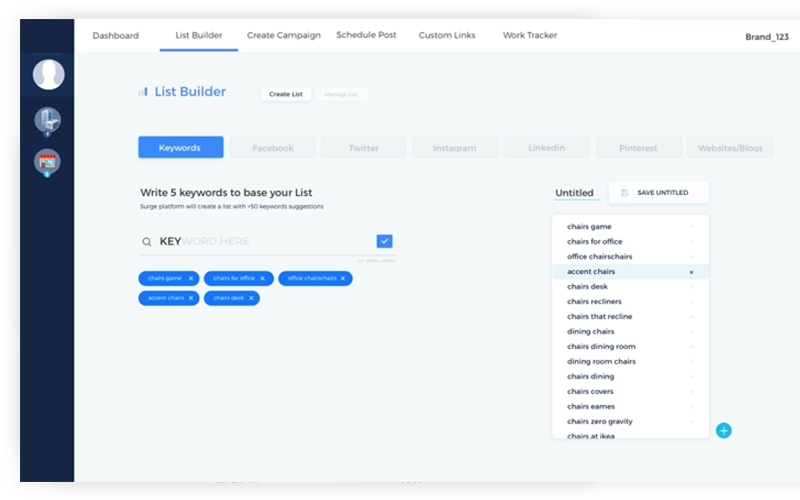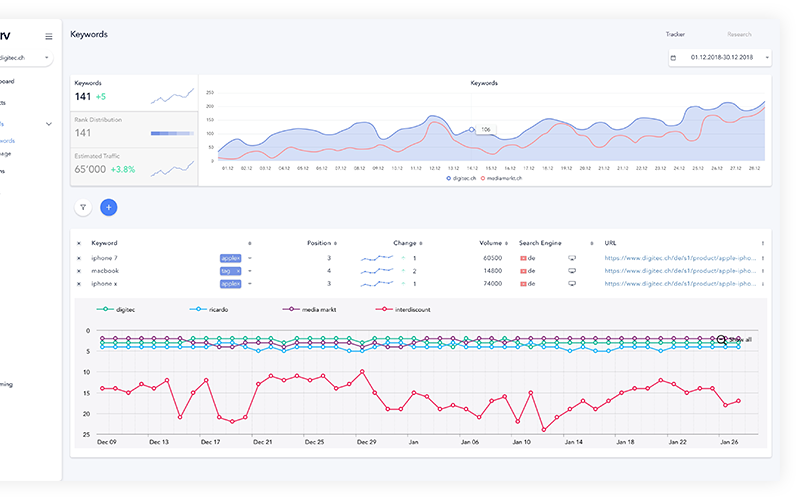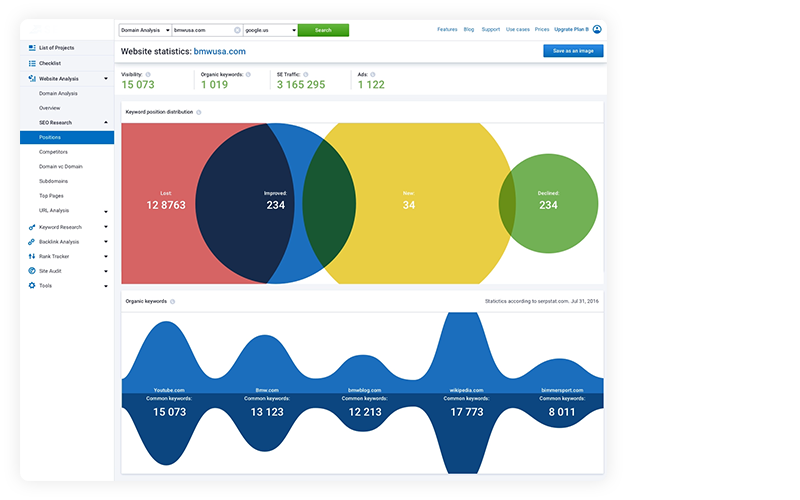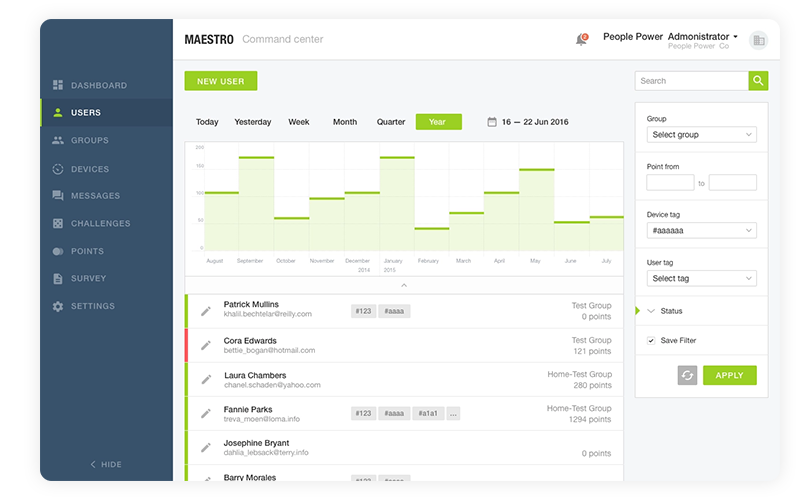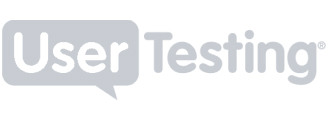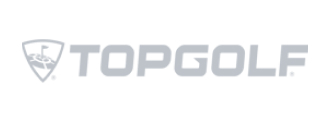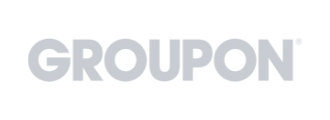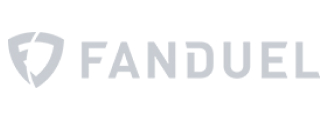It is imperative to note that keyword research strives to connect with the best possible traffic, not the most traffic. One million visitors a day aren’t worth the effort if they never convert into some kind of profit, whereas 10000 visitors with a 10% conversion rate can give a healthy living.
At Rank Me Locally, our initial step in keyword research is to find your niche. A niche is the key topic of a site or page. As a general rule, it is better to keep a site focused on a single niche; however, there are some exceptions. Every single page of the website should explore a smaller “sub-niche” topic. We go through every single page and note down the essential problem that its content solves, along with any products being offered. These are the initial keyword phrases for research.
Once we get a rough list of keywords, it is time to discover what people are actually searching for. Maybe the most useful tool for this is Google’s Keyword Tool, which is engineered toward advertisers but still offers valuable insights into how many people are searching for a particular term. Keyword research tools are simple. Search the most important words from each phrase. Google then provides you with related phrases and an estimation of how many times these keywords are searched every month. The competition ratings refer to the cost per click of advertisements.
Lastly, when the keyword research is over, all of our tricks of SEO come into play to bring every single page to the search engine’s attention. This is when our on-page SEO and back-links are the most valued. The amount of work required to rank a page depends on the attractiveness of its keywords. Some of them naturally float to the top, while others need a significant investment of time.
The most persuasive argument for a blog is that it provides a steady stream of fresh content, and each blog post may be utilized to rank another keyword phrase. The more blog posts and pages a website has, the more extensive a net it can cast; however, there is a restriction to the amount Google will index. An additional free Google tool of note is Analytics, which can be utilized to see what keywords are driving most of the traffic and how visitors interact with the website.

